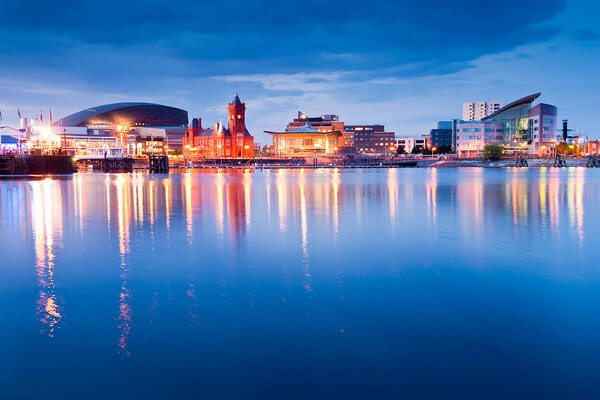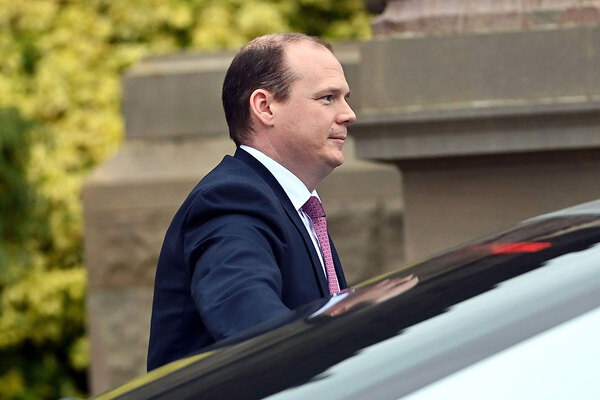You are viewing 1 of your 1 free articles

Taking steps to end homelessness among young LGBTQ+ people in Wales
A key report told the Welsh housing sector what it needed to do on youth LGBTQ+ homelessness. But in the rush to respond to COVID, have the lessons been forgotten? Hugh Russell reflects on what needs to happen next
“My family treated it like it was a mental illness: ‘You can get help for this.’ ‘You can be cured’. It was definitely one of the main reasons why I became homeless.”
In 2019, End Youth Homelessness Cymru released our first major report, Out on the Streets: LGBTQ+ Youth Homelessness in Wales, which was full of experiences like the one quoted above.
Episodes of rejection, of isolation and of danger. There was the young man who described using Grindr at times to get a bed for the night, carrying a knife in his boot to defend himself, if it came to it.
“We called for a mandatory data collection to understand the scale of the problem and for housing and homelessness staff to be trained by LGBTQ+ organisations in understanding the issues that some young people are going through”
We spoke to young people who had been kicked out of the family home or whose relationships with partners had failed and left them with nowhere to stay. Some were in stable accommodation, making progress, often with good support from third-sector agencies or local authorities.
Others, however, described distressing experiences, such as being outed to other residents by support staff in the places they were staying, leading to a deep mistrust of the people they should have been able to rely on for help when they were at their lowest ebb.
Working with those young people and a group of young LGBTQ+ peer researchers who had been homeless themselves, we drafted a number of recommendations for changes to policy and practice in response to the heightened vulnerability, both to homelessness and to danger when homeless, experienced by young LGBTQ+ people in Wales.
We called for a mandatory data collection to understand the scale of the problem and for housing and homelessness staff to be trained by LGBTQ+ organisations in understanding the issues that some young people are going though, so that preventative solutions can be put in place.
We also called for the introduction of LGBTQ+-specific supported housing. Some young people told us they would feel more comfortable sharing with other LGBTQ+ people who had been through similar experiences and in environments where they could feel free to be themselves.
“Since opening, the project could have been filled 10 times over with the numbers of referrals received from across Wales”
These issues, largely, still need to be addressed in Wales. The coronavirus response to homelessness has required a huge effort from local authorities and partners. Understandably, priorities shifted to crisis response and the incredible collaborative effort that followed has led to impressive results – Cardiff Council has just announced that there are only four people still rough sleeping in the city, for instance.
But we cannot neglect the importance of preventative approaches, targeted at those most vulnerable to experiencing homelessness in the future. The issues we raised in Out on the Streets are still present and the solutions we proposed must be revisited.
A great start for local authorities that want to take on this challenge, would be to look at replicating the strides made on the issue in Rhyl, where an innovative partnership between youth homelessness organisation Llamau, LGBTQ+ youth organisation Viva LGBT and the homelessness prevention team at Denbighshire Council was formed in response to the findings of Out on the Streets. Between them, they created Ty Pride, Wales’ first supported housing project for young LGBTQ+ people.
The partners each provide their own set of unique skills to young people, both within the supported housing project itself and those living in the community, and the results have been transformative for the young people involved. The demand for Ty Pride has been huge, too. Since opening, the project could have been filled 10 times over with the numbers of referrals received from across Wales.
There is clear demand for this type of service elsewhere in Wales. As we look forward to rebuilding post-pandemic, I sincerely hope that the needs of LGBTQ+ young people are recognised and prioritised.
Hugh Russell, project manager, End Youth Homelessness Cymru













